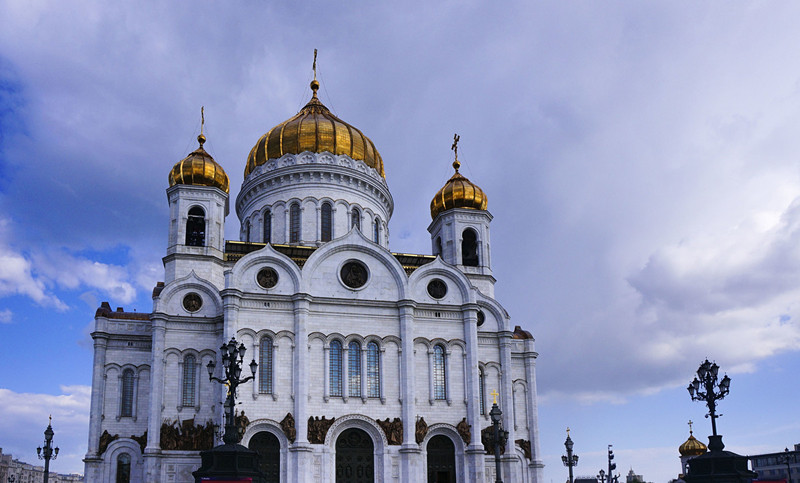The name Alexander the Reactionary is equally appropriate.
反动者亚历山大的名号同样恰当
Aside from reviving Nicholas the First's official nationality policy,
除了重新实施尼古拉一世的官方民族主义的政策外
Alexander the Third was also rabidly anti-Semitic and believed his father had been killed by Jews.
亚历山大三世也是激进的反犹主义者,相信他的父亲是被犹太人杀害的
The first years of his reign were marked by pogroms, or riots,
他开始几年的统治是以一系列大屠杀为标志的,或者说动乱
in which Russians, Ukrainians, Poles, and Moldovans rioted against the local Jewish communities.
在这些动乱中俄罗斯人,乌克兰人,波兰人,摩尔多瓦人向当地的犹太人团体发起动乱
Not only did Alexander the Third refuse to stop the pogroms, he officially blamed the Jews themselves and increased restrictions upon them.
亚历山大三世不仅没有制止这些屠杀,他还通过官方声明谴责了犹太人并且增加了对他们的限制

The city of St. Petersburg is filled with must-see buildings,
圣彼得堡充满了必看的建筑
and one of the most important is Alexander the Third's tribute to his assassinated father, the Church of Spilled Blood.
其中最重要的一座是亚历山大三世献给他被刺身亡的父亲的,即滴血教堂
If only it were his most important legacy!
如果这是他最重要的遗产就好了
Only thirty six when he became Tsar in 1881, Alexander the Third looked forward to a long reign.
1881年,三十六岁的亚历山大成为沙皇时,他就期待着长远的统治
He therefore seemed in no hurry to train his eldest son the Tsarevich Nicholas in running the Romanov family business.
因此他并没有训练皇储尼古拉如何处理罗曼诺夫家族的事物
But on November 1st, 1894, he died of nephritis in the Crimea setting the stage for disaster.
但是1894年十一月一日,他因为肾炎死于克里米亚,这也就为灾难的发生搭好了舞台












